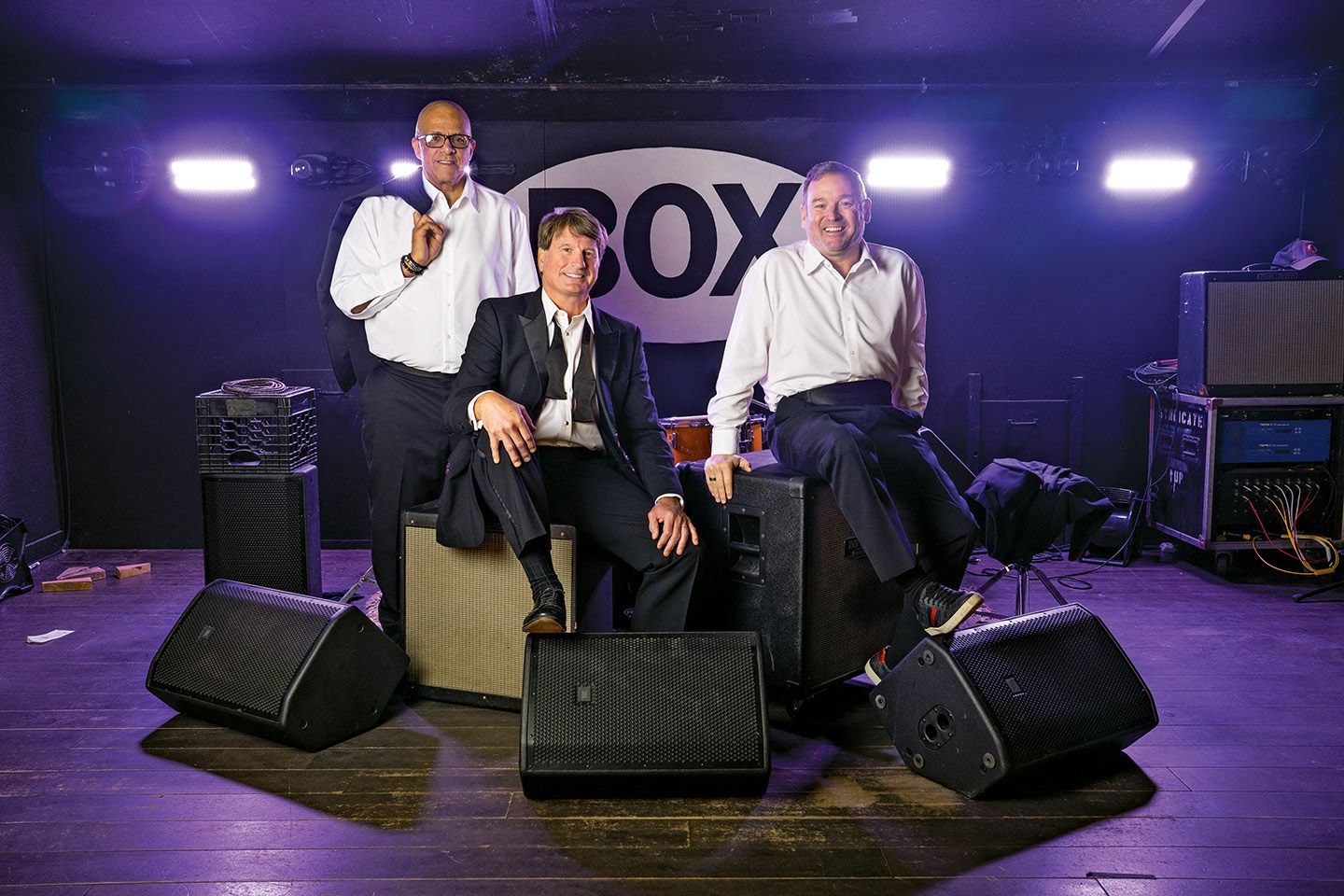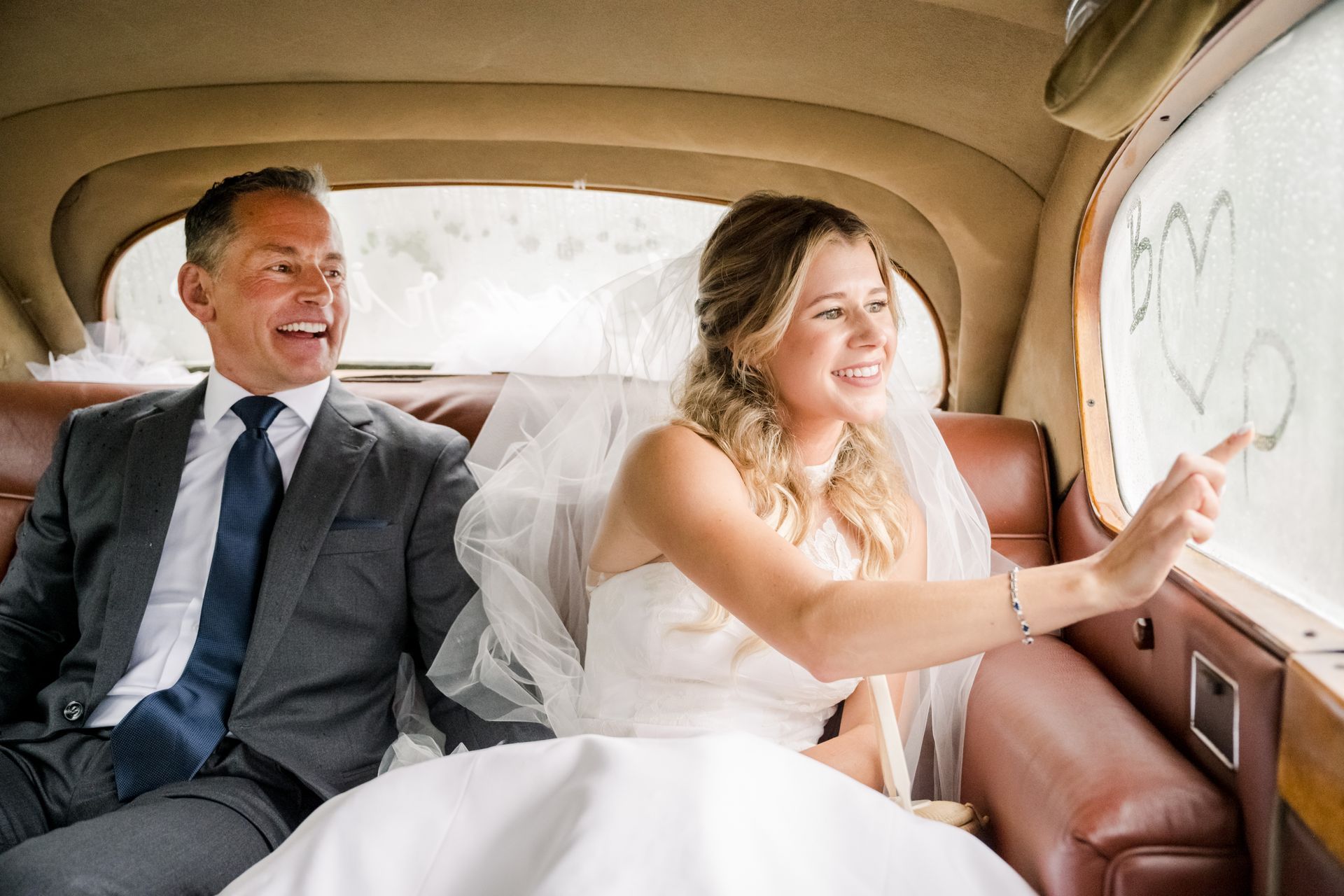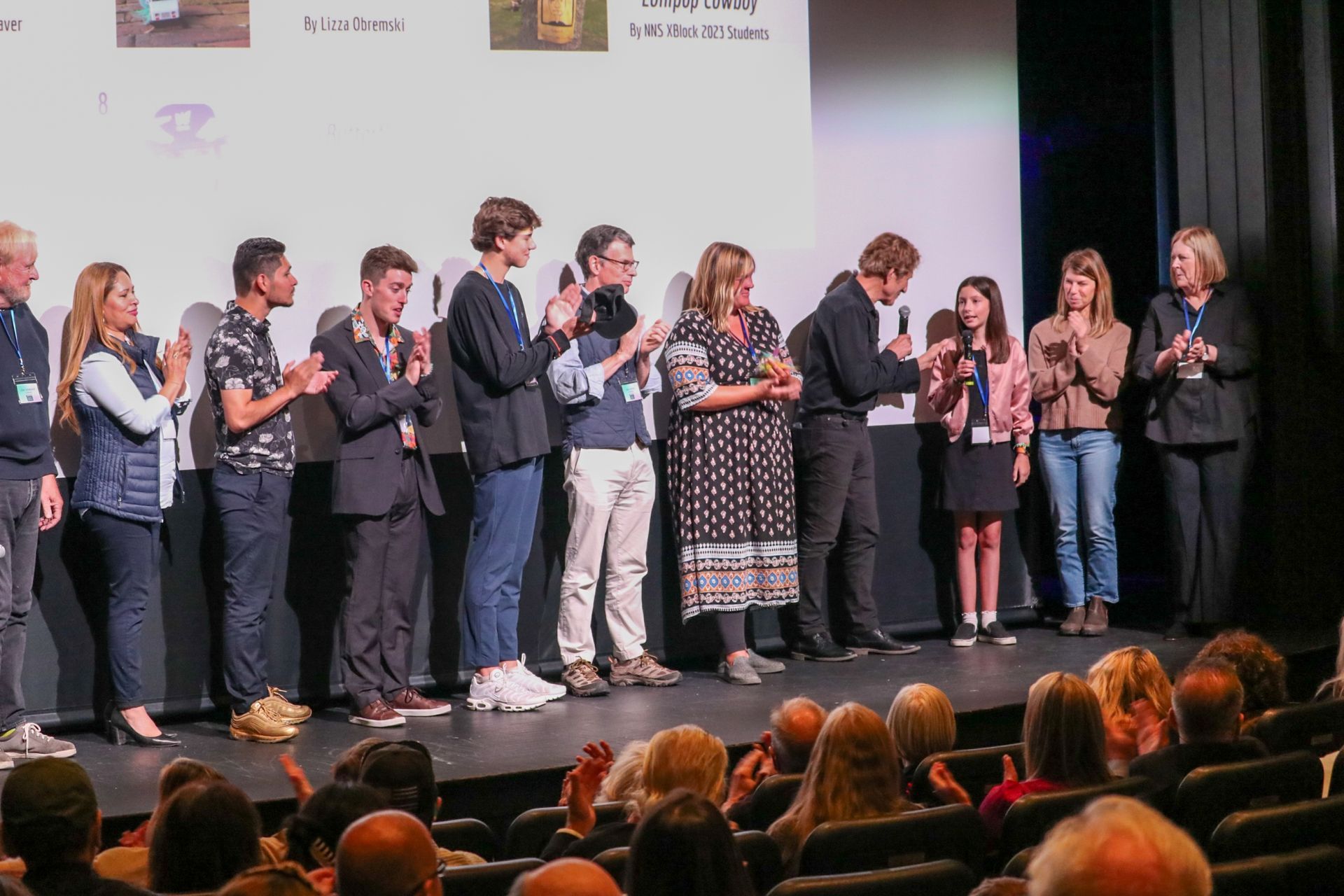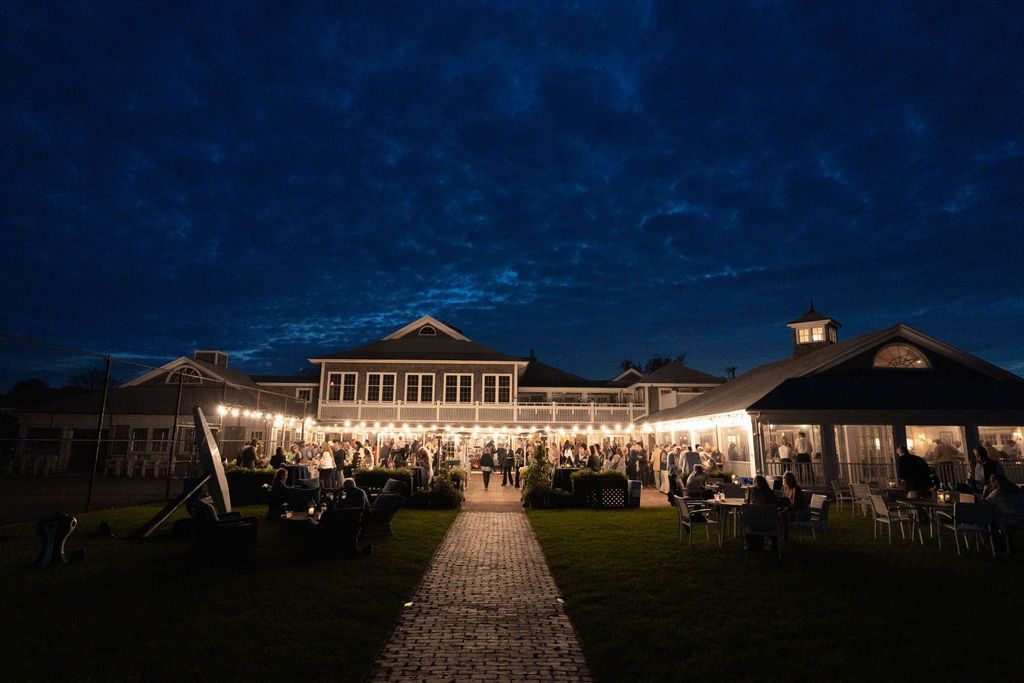REPORTER’S NOTEBOOK
Legendary broadcaster Natalie Jacobson reports on her own life in a new memoir.
During her four decades as co-anchor of Boston’s WCVB-TV, Natalie Jacobson earned a level of respect and admiration seldom seen in the news business. She became synonymous with the city of Boston and earned celebrity status throughout the state. Now this longtime summer resident of Nantucket has turned her journalistic approach inward, reporting on her life and career in a new memoir that hit bookstores this May titled
Every Life a Story.
N Magazine spoke with Jacobson to discuss how she broke into the industry, some of the highlights of her career and the inspiration behind her debut book.
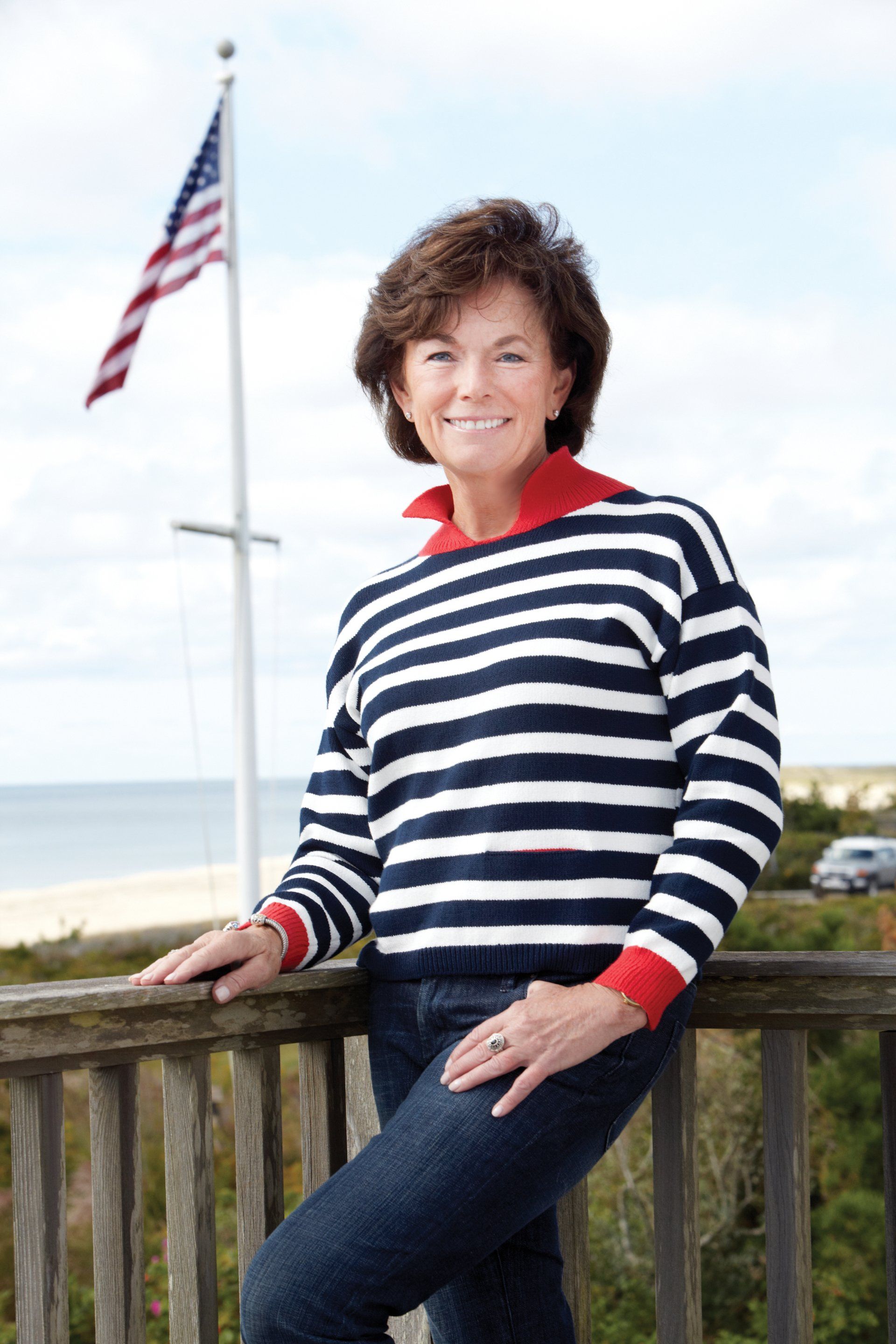
During your tenure in Boston as anchor on Channel 5, you became an iconic figure at a level that few broadcasters have ever achieved. What was it about you and your connection with the audience that elevated you to a very different position in this market?
I don’t really know, but I always felt part of the viewers; I am one of them. I’m a very curious person. I love to know the who, what, when, where, why of everything. I drive people crazy. But I think that helped me connect with the audience. I also think most people are good. I like to hear why people think the way they do, why they believe what they do. I don’t have to agree with them, but I like to know their reasoning. That’s why I always found it pretty easy to be fair in interviews, because I didn’t need to be of your political persuasion to respect your opinion, if you had a good reason for your opinion. I’m very grateful for the relationship that I still have with people. It’s comforting. It fills my life.
How did you break the glass ceiling in becoming one of the first female broadcasters to assume an anchor chair?
When I first came back from Bangkok, Thailand, where I lived with my first husband, Bill Jacobson, during the Vietnam War, I tried to get an interview with various companies. I could not get a job anywhere because I was a female. I understood that because my own father, who was a first-generation American and very old school at the time, didn’t see any reason for his daughter to go to college. I remember him saying, “Your mother can teach you everything you need to know.” At the time, men did not want to hire a young woman because, as they put it to me, “you’ll probably get pregnant and have children and you’ll quit.” Why didn’t I just give up? In part, because I saw my father—who had no formal education, was not worldly, had no contacts—go from driving a taxi cab to become the president of Gillette North America. He always taught us that if you set your mind to something, if you work hard enough, you can achieve it. So when I faced “no girls need apply,” I just thought, I’ll find a way.
Did you have any early vision of being a broadcaster or did this career happen by circumstance?
It definitely happened by circumstance.
When I graduated from the University of New Hampshire, very little was available to girls that appealed to me. You could be the secretary, not the president. You could be a nurse, not a doctor. You could be a teacher, not the principal. And while those are honorable professions, they didn’t appeal to me. So I didn’t know what I wanted to do. When I got back from Bangkok, it was the first chance I had to say, “OK, so what are you going to do with your life?” One day I was watching Walter Cronkite on television and thought,
Hmm, journalism. Would I want to be a reporter? Would that be a good job for me? What kind of reporter? With newspapers, you have the written word, with radio you have the spoken word. In television you have it all—writing, pictures and sound. So I decided I would try to see if TV was right for me. From “ascertaining the needs of the community” to producing shows that helped people, I saw this was where I belonged. This was right for me. My goal was to be the best reporter I could be.
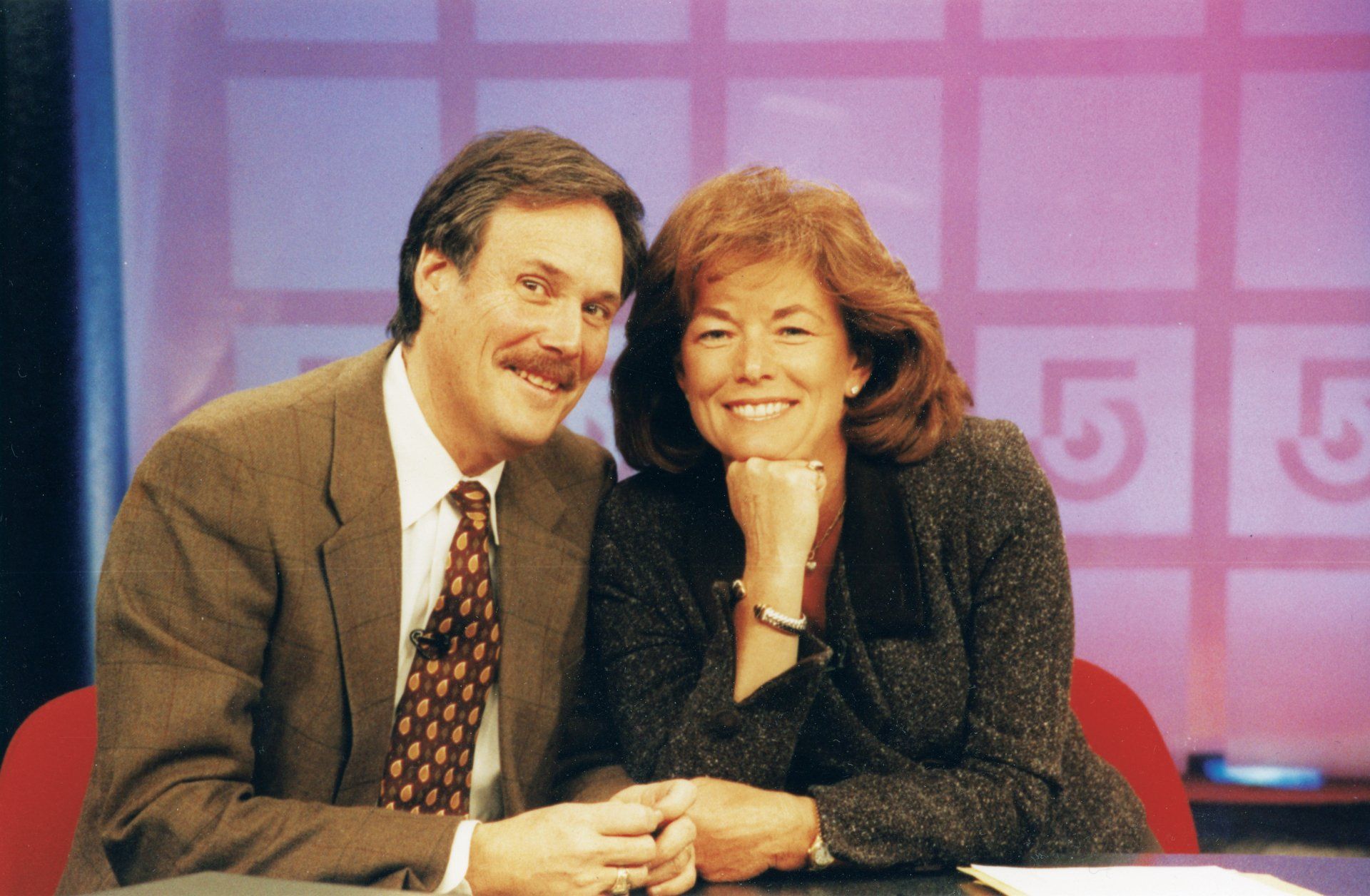
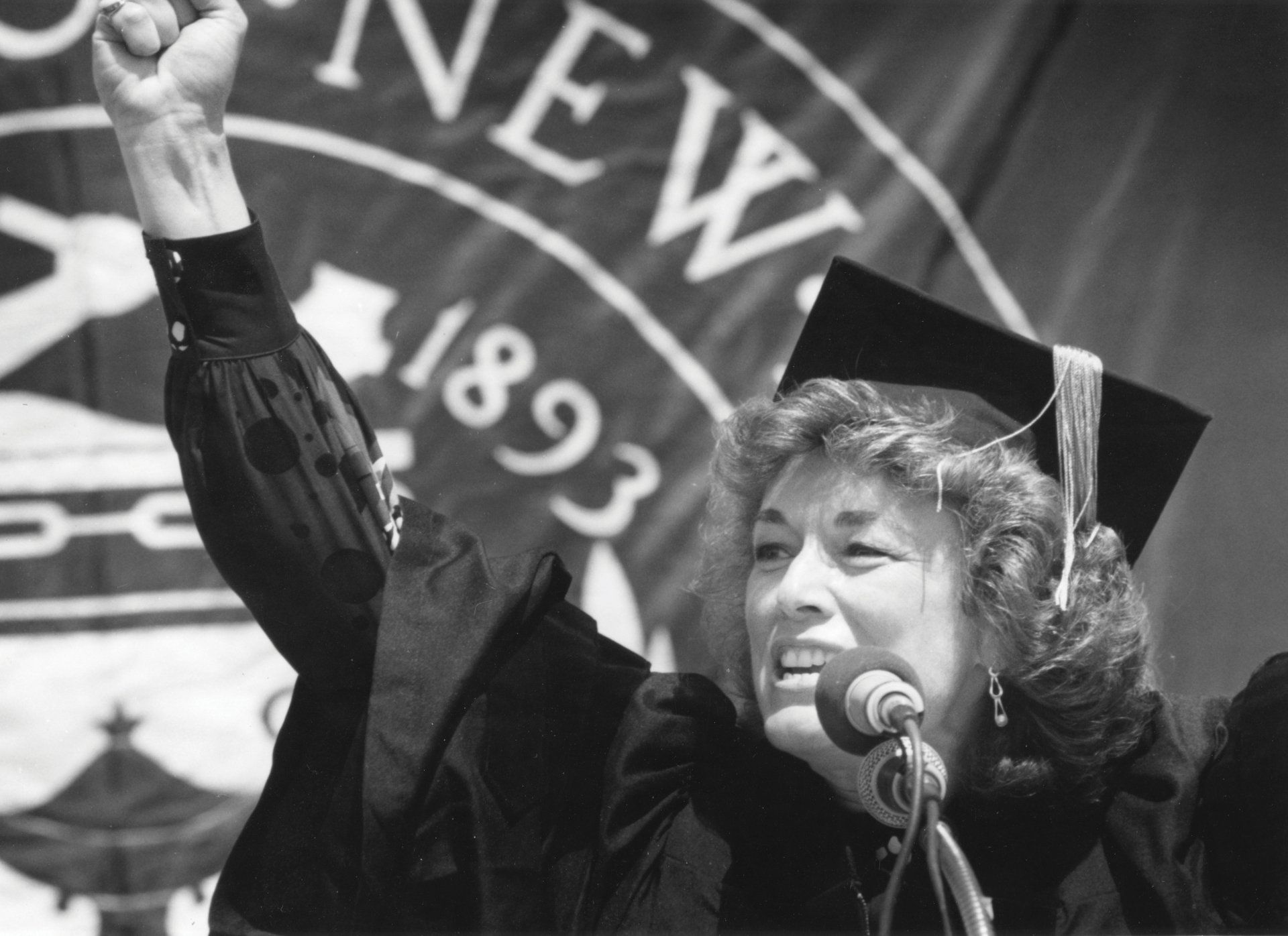
Reporters usually cover a story, but they’re seldom part of the story. In the campaign of then-Boston University President John Silber, you became part of the story—not by design I’m sure—but you altered the course of political history in Massachusetts. The audience had a visceral reaction to John Silber’s animus toward you on TV. People said, “You don’t talk to Natalie that way.” Were you surprised at how much influence you had and how you actually influenced the outcome of an election?
I was very surprised and taken aback and chagrined. Of course, I never intended to influence an election. I went back and looked at the tapes of that interview over and over again. I was confident that what we put on the air was accurate. John Silber was a highly intelligent, accomplished, driven man, but his contrarian demeanor came off as angry. And I think that scared people. He said he was going to run a campaign that was not plastic, which meant he was running against the media. He was going to say whatever he wanted. Some of his comments became known as “Silber shockers.” People liked that initially because it was an angry time in Massachusetts. It was not a happy time for voters of the Bay State, and Silber spoke to that anger, much in the same way that Mr. Trump spoke to the anger of people when he ran. So what happened? People saw an angry man and that scared them. And I think after a long campaign, people tired of his negative attitude.
Over the course of your career, Massachusetts was pumping out presidential candidates—Michael Dukakis, John Kerry, Mitt Romney—but for one reason or another, none of them succeeded. Can you comment as to why bright, competent people like that just didn’t make it?
I think they didn’t connect with voters across the country. It’s pretty well established that the people of both coasts tend to not understand the rest of the country, which is sometimes referred to as “flyover country” by people from those two coasts. Even a sitting president made comments about people who are not on those coasts: “Well, let’s leave them to their guns and religion.” A woman who wanted to be president referred to people who didn’t agree with her as “deplorables.” I think that the two coasts, which have certainly produced a lot of elected officials, feel that they lead the way, that their way is the right way for the country. People on the farms of Iowa, in the coal mines of Virginia, in the bayou of Louisiana living with the disasters that have happened to their waterway— they live a different life than the people who go to Boston University, Harvard and Stanford. In my opinion, one reason that the three men who ran for president from Massachusetts did not make it is because they didn’t connect with enough people to be elected.
Of the many politicians you interviewed, who did you find most compelling? Who had that intangible magic and magnetism?
I would say that Tip O’Neill was magical in many ways. Here’s a blue-collar guy who gets elected to the House of Representatives. He was bigger than life. He was a big man physically, but more importantly, he was a big man in terms of his character. He embraced everyone he met. You didn’t have to like his politics to like him. Ronald Reagan is a great example. They couldn’t have been more different. And yet at six o’clock, the differences disappeared and they would have dinner together. Another part of his magic was that he understood the difference between the working-class person—which is where he came from and where he lived—and the elites. For twenty-five years, he and Millie lived in their original home. He didn’t move to Washington until he became House speaker. He stayed connected with the people that he was elected to govern. And he managed to finesse with the elites with whom he had to work, including people in the Oval Office. He told me he did not like the two presidents he worked under or with, when he was speaker, which were Carter and Reagan. But it didn’t mean he wouldn’t get along with them. It didn’t mean he couldn’t do his job as speaker, which was to deliver for the country and his party.

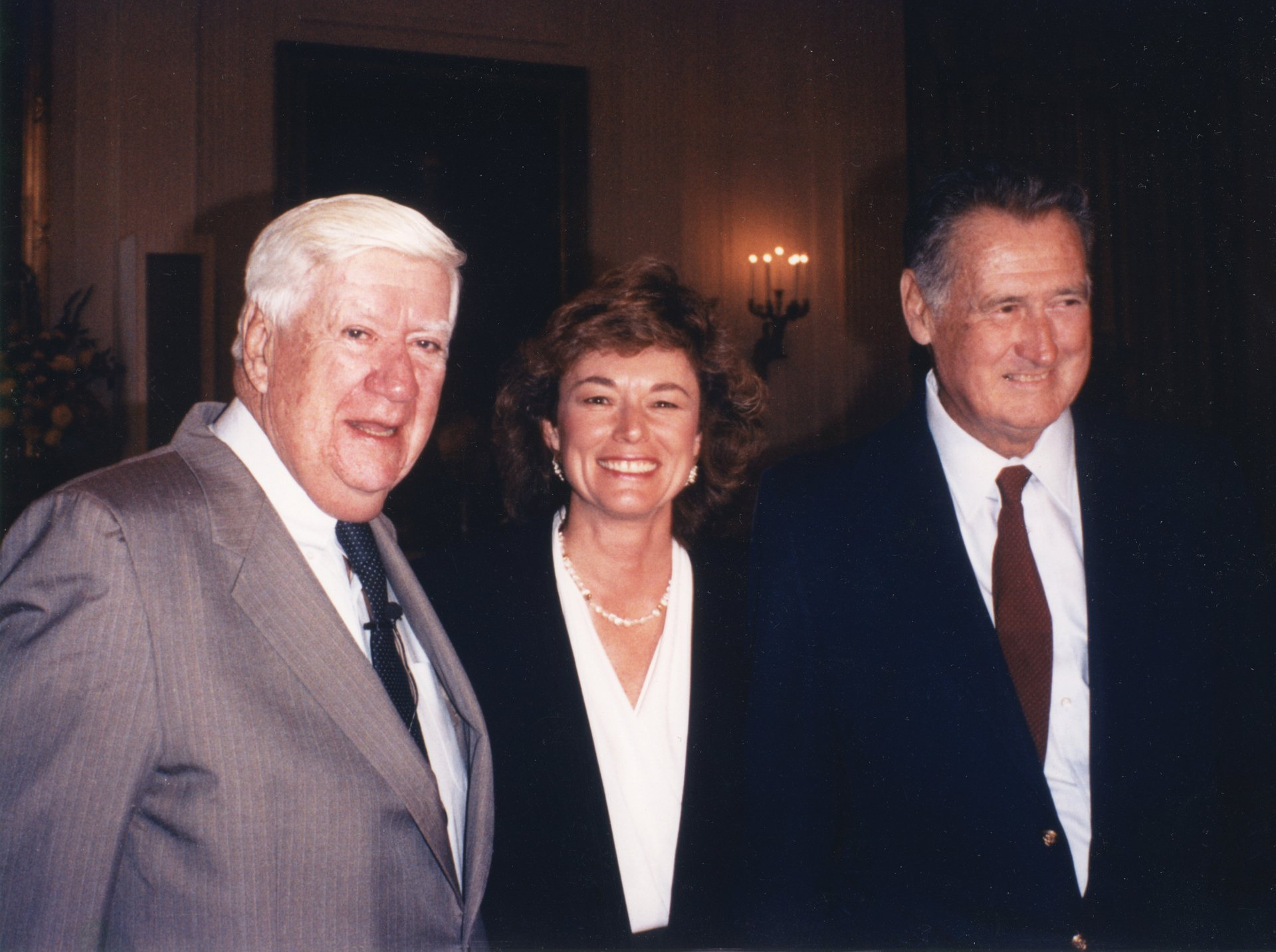
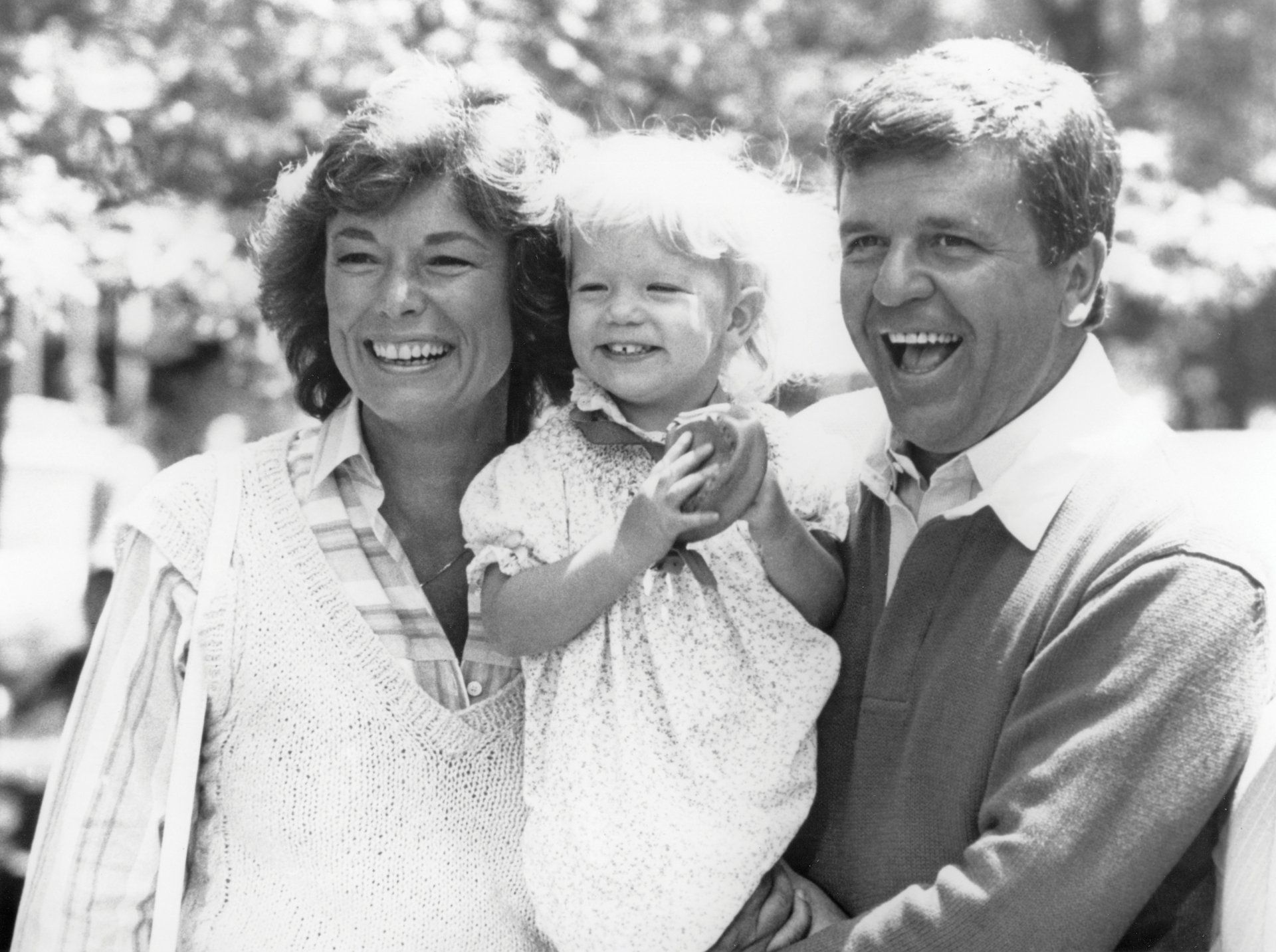
You have seen, interviewed, done a character analysis of many political players and understood what makes them successful or not. You were approached by the Republican Party to run against Ted Kennedy, which you ultimately declined. Why did you decline it? And in hindsight, do you think you could have been victorious?
I doubt that I would’ve been victorious. I was totally taken aback when members of the Republican Party in Massachusetts asked me to run against him. They brought forward one person who was going to pay for the campaign. I would not have to hold one single breakfast or tea to raise a dime, which was intriguing because then you’re beholden to no one, except for this one man. And I was assured I wouldn’t be beholden to him either. This came out of the blue. I had never thought about being a politician. I interviewed politicians. I liked asking the questions, not answering them. But there were two issues at the time that I was very interested in, campaign finance reform and term limits. I thought if we could change that, we would change the elections across America. And then I thought: You’re pipe dreaming, girlfriend. What do you know about being a U.S. senator? Nothing. What do you know about the deals you have to cut to get things done, to get bills passed? Nothing. How successful do you think you could be? I don’t think I’d be very successful.
And then on a personal level, I was co-anchoring with my husband, Chet Curtis. We had a daughter who was a teenager. Did I want to leave my daughter who needed a mother during those difficult teenage years? Did I want to completely disrupt the partnership I had with my co-anchor and my husband? I just decided that you have a good life as a reporter, why don’t you just stay where you are.
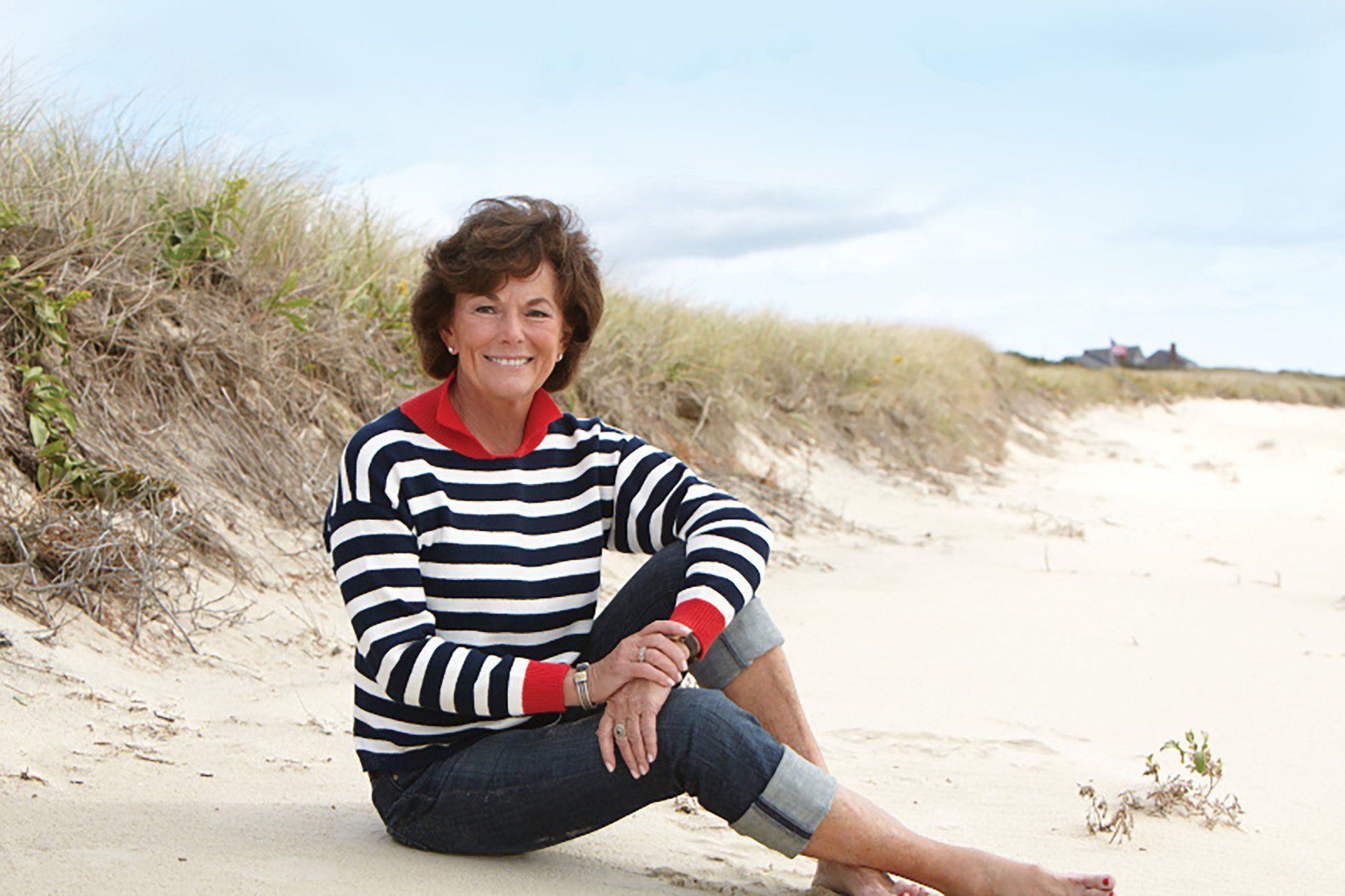
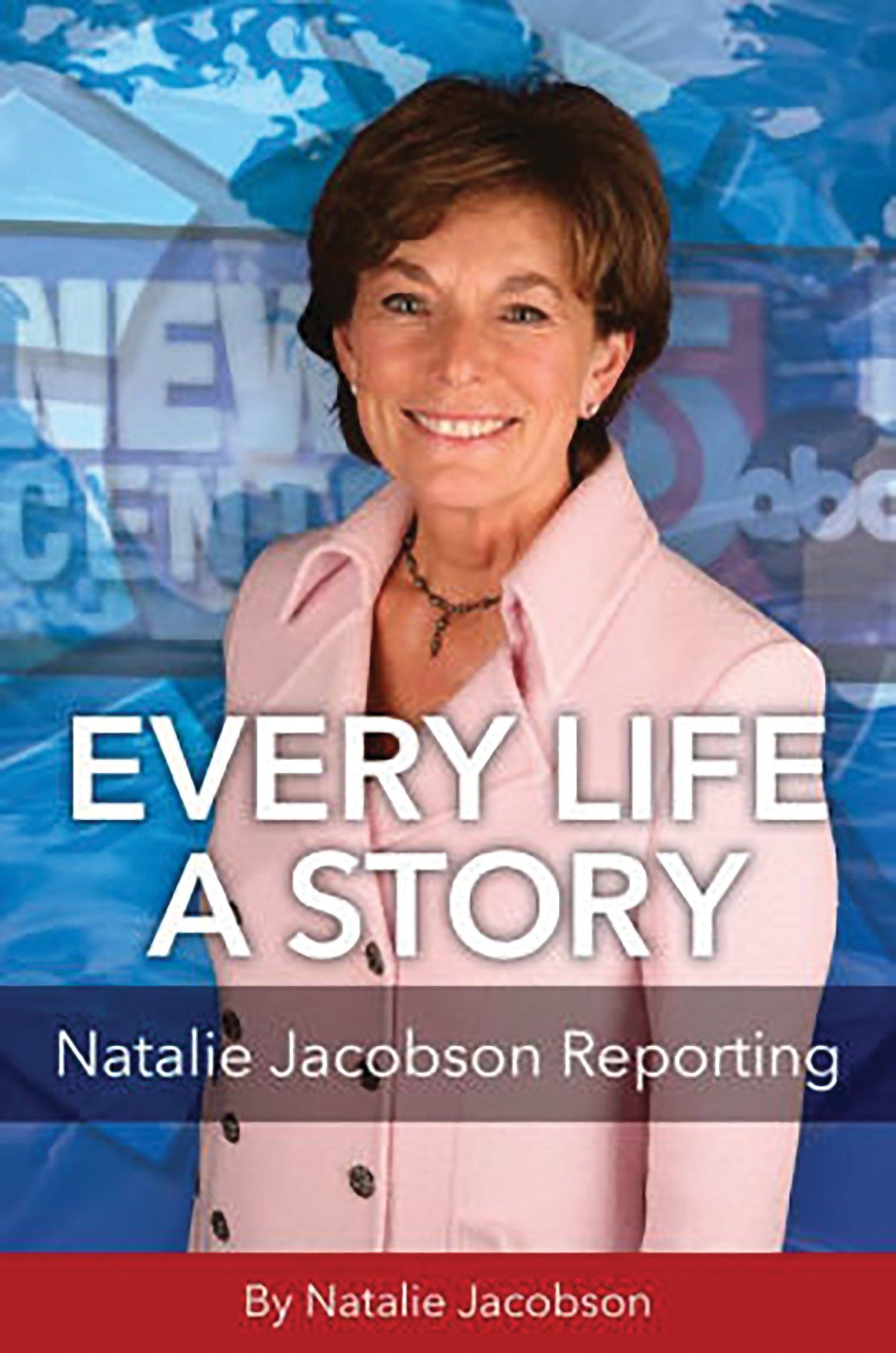
At another point in your career, you were approached by 60 Minutes to become a part of their highly visible, influential broadcast team. In your book you indicated how torn you were about not accepting that. If you had gone, how would that have changed your life?As a broadcaster, what was your greatest strength and what was your greatest weakness?
Dramatically. Completely. I got a call from CBS News President Dick Salant’s office asking me to come to New York to interview to be a CBS correspondent. Are you kidding me? I’m nobody. I’m just learning how to be a local reporter. And they’re talking to me at the home of Walter Cronkite, Edward R. Murrow. So I was frightened. I was certainly honored. And then I was offered the job. To answer your question, I made that decision in a vacuum. I had no one to talk to. I had no one with whom to consult. Why I didn’t talk to my parents, I have no idea. The whole thing seemed beyond me. I didn’t know what to do. I knew I wanted to have a family as well as to have a career there. So I turned it down. In retrospect, I respect my decision because I made it at the time as best I could. I love the life I had in Boston. But had I taken the offer, I might still be working for 60 Minutes. I do miss being a reporter. So it’s a mixed emotion. I don’t dwell on it, but I watch 60 Minutes pretty much every Sunday and give myself sixty seconds to think about it, and then I put the whole memory back in my shoebox and put it back in the closet.
Perhaps my greatest strength is that I’m curious and like bringing people together through information. I find people fascinating and try to get them to tell their stories to share with our viewers. I like learning why you believe what you do, appreciating your view that doesn’t have to be mine. As for my weaknesses, I am low on patience and I tend to be a perfectionist. I expect a lot of myself and also of others. I guess I usually think we could make anything better if we tried, and at times, I probably drove people nuts in that pursuit.
What do you hope readers will take away from your book?
This book is a memoir, but I titled it Every Life a Story on purpose. We all play a role in this world. I hope that through the stories I chose to tell, this book brings that point across, so that everybody feels they have a contribution to make, and understand that we’re all in this together. No one’s life is any more important than anybody else’s life. Every life is a story.
As a featured author at the Nantucket Book Festival, Natalie Jacobson will be in conversation with Robert Cocuzzo on June 9 at 10 a.m. in the Atheneum Great Hall. To listen to N Magazine’s podcast with Natalie Jacobson, click here.


